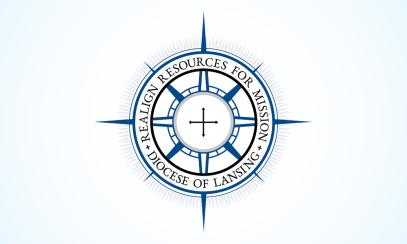Developing a well-formed conscience
Following in the footsteps of Jesus, it is the lifelong responsibility for Catholics “to do good and oppose evil,” including in election choices. To distinguish between right and wrong, people of faith turn to their conscience: a tool that relies on the “judgement of reason” and Scripture to offer guidance for decision-making. Each Catholic is called to develop a “well-formed” conscience, internalizing their faith and the Word of God so they can apply it to real-life situations daily.
In the context of the upcoming election and the conscience formation process, the Catholic Church reminds people of faith that they are not alone. While the Church does not endorse candidates or instruct parishioners how to vote, it has particular responsibilities: sharing the moral truth about issues and encouraging believers to develop prudence. Prudence is a virtue that, if cultivated, assists individuals in “[discerning] our true good in every circumstance and [choosing] the right means of achieving it.” Developing a well-formed conscience is not a one-time exercise. After casting their ballot, Catholics may continue their efforts by infusing their politics with faith and Scripture, by supporting the common good, and by personally living out the teachings of the faith within their families, workplaces, and communities.
Conscience Formation Tips
- Study Scripture, Catholic Social Teaching, and the lives of the saints.
- Pray for the gifts of the Holy Spirit—counsel, fear of the Lord, fortitude, knowledge, piety, understanding, and wisdom—to help guide the decision-making process.
- Regularly partake in an examination of conscience to hear God’s voice.
- Seek advice about conscience formation from trusted leaders when needed.
- Examine the facts and background information about a given choice.
Prudence asks Catholics to consider their alternatives in a given choice, as well as what action is most fitting in the context of the situation. St. Thomas Aquinas called it “right reason” or “wisdom concerning human affairs” in his work Summa Theologiae.



